Eucalyptus Trees for Biological Drainage as a Climate Change Adaptation and Mitigation Strategy, July 2013- December 2020
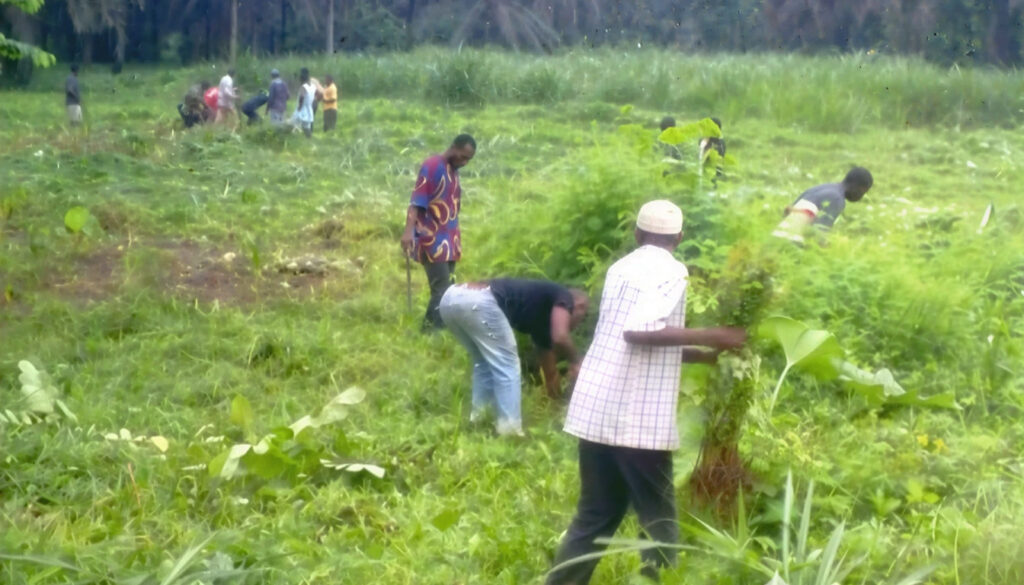
Project summary
There exist no drainage systems in low lying coastal areas of Cameroon which are constantly flooded during the rainy season (May to October). In some areas, the annual average rainfall is greater than 5000mm on gentle slopes with a topsoil of about 20-50cm. As soon as these rains start, the water table rises resulting in floods. These constant flooding
decreases soil fertility while it increases soil salinity and waterlogging as well as destroying farmlands, homesteads, roads and bridges.
Main Objectives
To enhance, re-green and restore the area from potential climate impacts, provide recreational, livelihood via fuel wood and building materials to the locals.
Major Outcomes
Due to its deep rooting, a mature eucalyptus reduces wind speed and drains about 25gallons of water each day. It is tolerant to increasing soil salinity and waterlogging thus providing good biological drainage systems. Excess water is rapidly taken up by the root system, transpired via the dense foliage and sometimes stored within its thick lenticels. Within the plantation, the humidity level of the lower layers of air is increased, thus reducing the influence of the dry, hot winds and creating a more favourable microclimate for other plant growth. These trees are also known for their capacity to store or sequester lots of carbon, hence added advantage to climate change mitigation and adaptation.
Project Impacts
Decrease in ground water level (less risk of flooding) and waterlogging all year round as well as decreased risk of soil salinization hence improve in soil fertility. Reduction in wind speed with increased air humidity and cooling effect.
Production and Socioeconomic Benefits
- Wood for timber and fuel production increase especially from pruning and later from older
- Increase crop production (after desalinization of soil)
- Land-user income increases, access to healthcare facilities hence improves in health and living standards
- Reclamation of degraded land
Sociocultural benefits
- Improved knowledge on soil and water conservation as well as erosion prevention methods
- It is often a key ingredient in perfumes and cosmetics because of its unique fresh and clean aroma and as a dental or industrial solvent.
- In addition to being used for its aroma, eucalyptus oil also has flavoring, pharmaceutical, and antiseptic
Ecological Benefits
- Drainage of excess water and thus lowering of water table (up to 3m) through increase evapotranspiration
- Improvement of soil structure, lowering of acidity, waterlogging and salinity
- Biodiversity enhancement
- Reduction of wind velocity
- Increased air humidity (less dry and hot winds)
- Benefits of establishment are negative during short-term but very positive during long-
- Maintenance/recurrent benefits are very positive during both short-term and long-
Ecological Constraints
- Main benefit (timber) only after 5-15years, however, short-term benefit from leaves used as tea/herbal medicines and from firewood through pruning
- Increase danger of fire during very dry season
- On the other hand, eucalyptus is nutrient intensive creating deficits for other plant life, a process that is exacerbated by its low returns in leaf litter to the soil. Thus, it does not promote the building of humus and by implication, does not contribute to the long-term fertility of the soil, as other species and hence soil nutrient

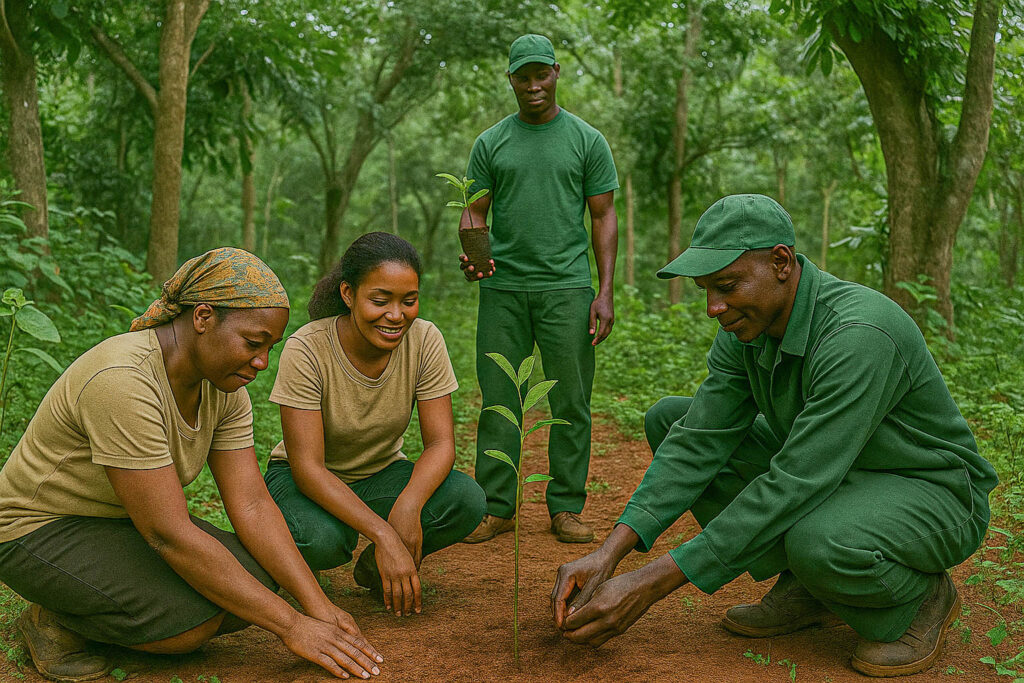
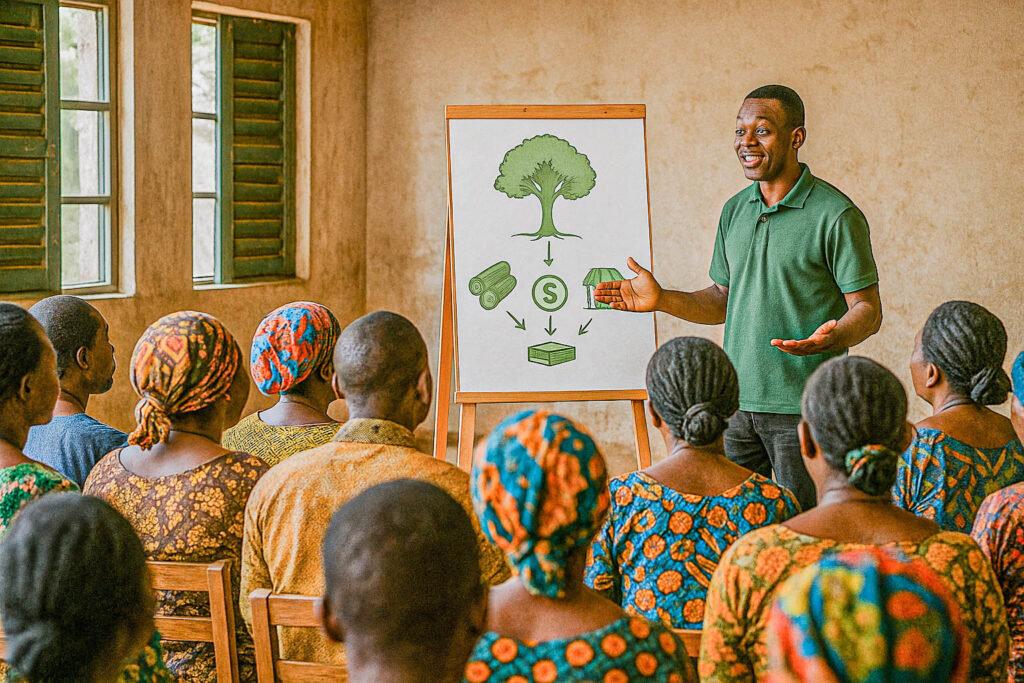
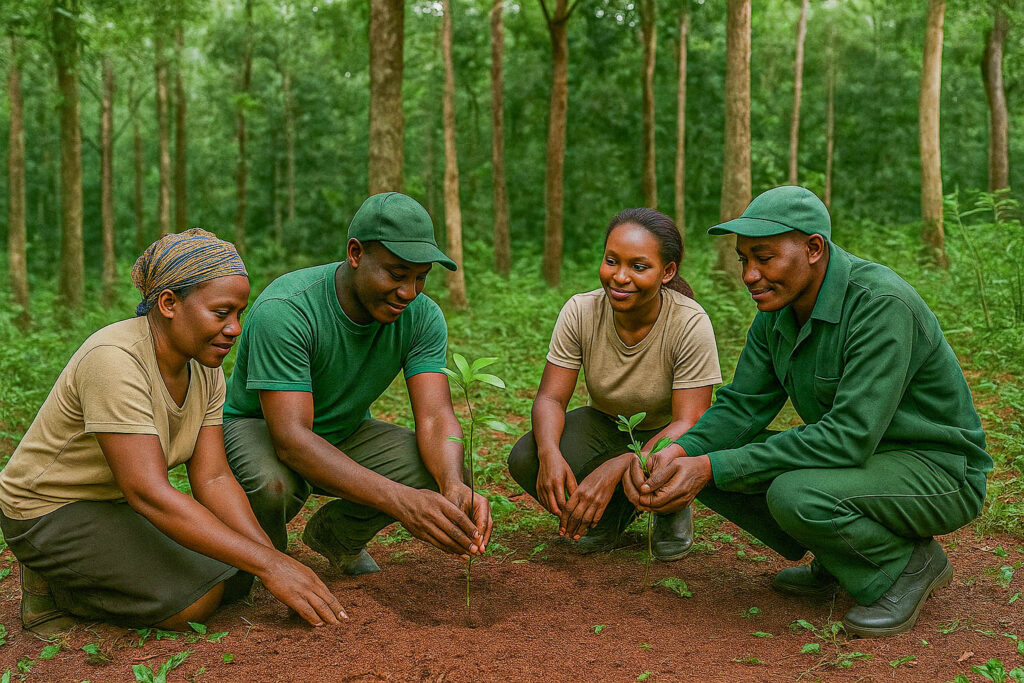
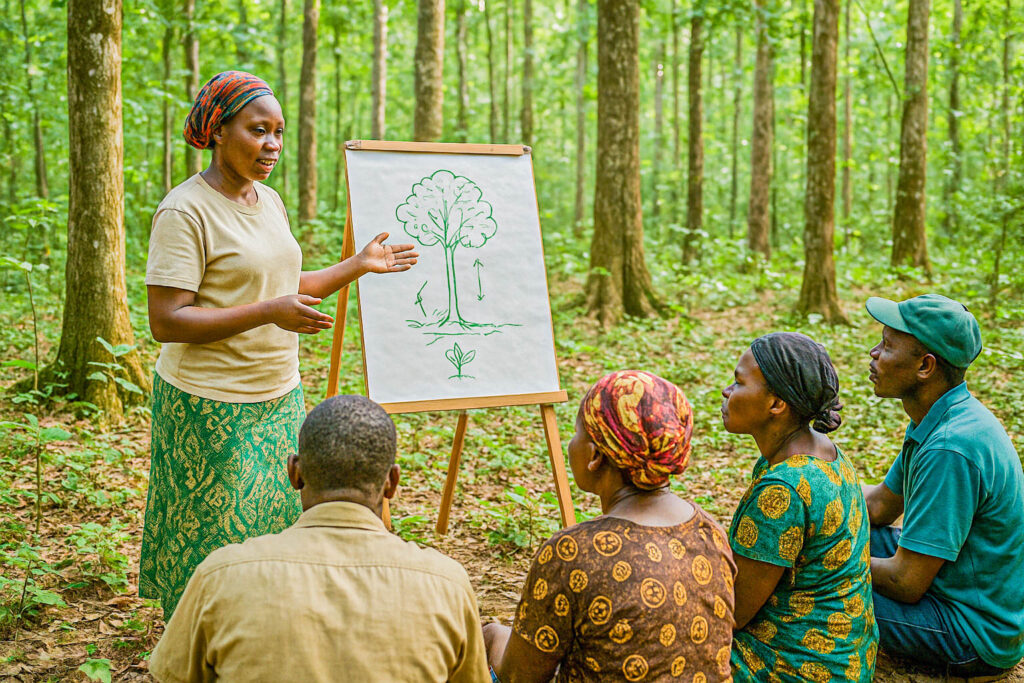

Responses